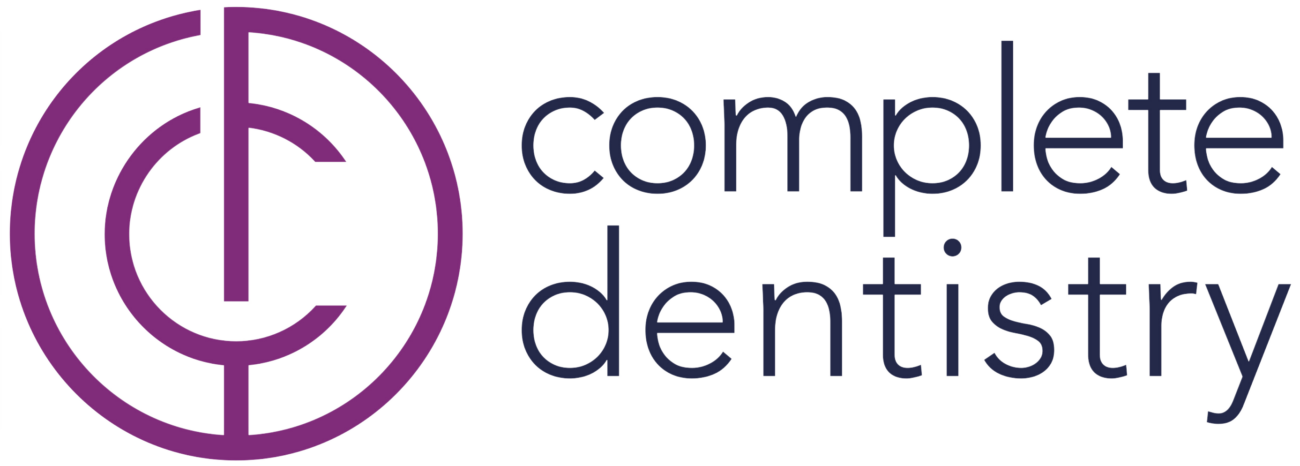For most people, an uneven bite means a bite that is obviously out of line in some way. Either the teeth are noticeably misaligned, there’s an apparent overbite or underbite, or a person’s smile is crooked or twisted. An asymmetrical bite makes teeth look more like they’re smirking than smiling.
But the reality is, an uneven bite is about a lot more than cosmetics. Without treatment, a misaligned bite can result in pain and discomfort as well as an increased risk of decay and tooth loss. Not sure if your bite is uneven? Here are a few common signs.
Appearance
The most obvious sign that your bite may be uneven is your appearance. Twisted, overcrowded or otherwise crooked teeth may be the most apparent signs. However there are other appearance indicators, like how your teeth line up with the midline of your face when you smile. Even when you can’t see these indicators, your dentist has the training to spot even minor issues that could mean a larger problems later on.
Headache
If you have frequent headaches, your uneven bite may be to blame. When your bite isn’t aligned properly, your teeth and jaw won’t be able to “work” the way they need to. That means that over time, the muscles of your jaw can become strained, which can wind up causing chronic headaches. To learn more about dental headaches, see Headaches.
Teeth Grinding and Clenching
If you find yourself grinding or clenching your teeth, or if your sleeping partner tells you that you sound like a cement mixer when you sleep, that’s another common indicator that your bite is uneven. As with TMJ and headache symptoms, grinding and clenching occur because your teeth are striving for the symmetry that nature intended. When your bite is uneven, you wind up clenching and grinding your teeth as your jaw muscles attempt to compensate. To learn more about bruxism, see Teeth Grinding.
Jaw pain/TMJ Issues
If you feel pain or discomfort when you bite down hard or from repeated chewing, or if you hear a clicking noise in your ear when you chew, that’s a sign that your jaw is uneven from clenching. An uneven bite can cause the muscles in your jaw to quickly become sore during normal chewing or even talking. In some cases, this unevenness can cause temporomandibular joint disorder, or TMJ disorder.
The temporomandibular joints help your lower jaw meet your upper jaw in a precise way. The joint lets you chew and speak without pain or difficulty. When your teeth are out of line, your joints have to work extra hard to achieve an alignment.
That causes the pain and clicking that may accompany chewing, yawning or speaking. To learn about jaws and teeth treatments for TMJ issues, see TMJ Treatment.
Loose or failing dental work
When teeth are not properly aligned, the regular movements associated with chewing and even speaking can cause fillings, caps and crowns to become loose over time. As a result, decay can creep into teeth that you may believe are protected by previous work.
Cavities and even tooth loss become a significant problem when dental work becomes loose. Tiny cracks or fissures can form because of the impact of improperly aligned tooth surfaces clashing together.
Uneven wear or tooth sensitivity
Just as the pressures exerted by an uneven bite can cause existing dental work to fail, it can also result in worn spots on the tooth’s surface. Enamel begins to wear away much more quickly in those spots, which in turn causes sensitivity. Eroded enamel can also leave the underlying tooth more exposed to decay.
These are some of the most common signs of an uneven bite, but there are other, more subtle indicators that your dentist will spot during an exam. If you’re experiencing any of these problems or any other facial, head, tooth or jaw pain or discomfort, make an appointment with Dentistry For All Ages as soon as possible. Let us provide treatment options to make you more comfortable and help prevent future damage to your teeth and gums.
